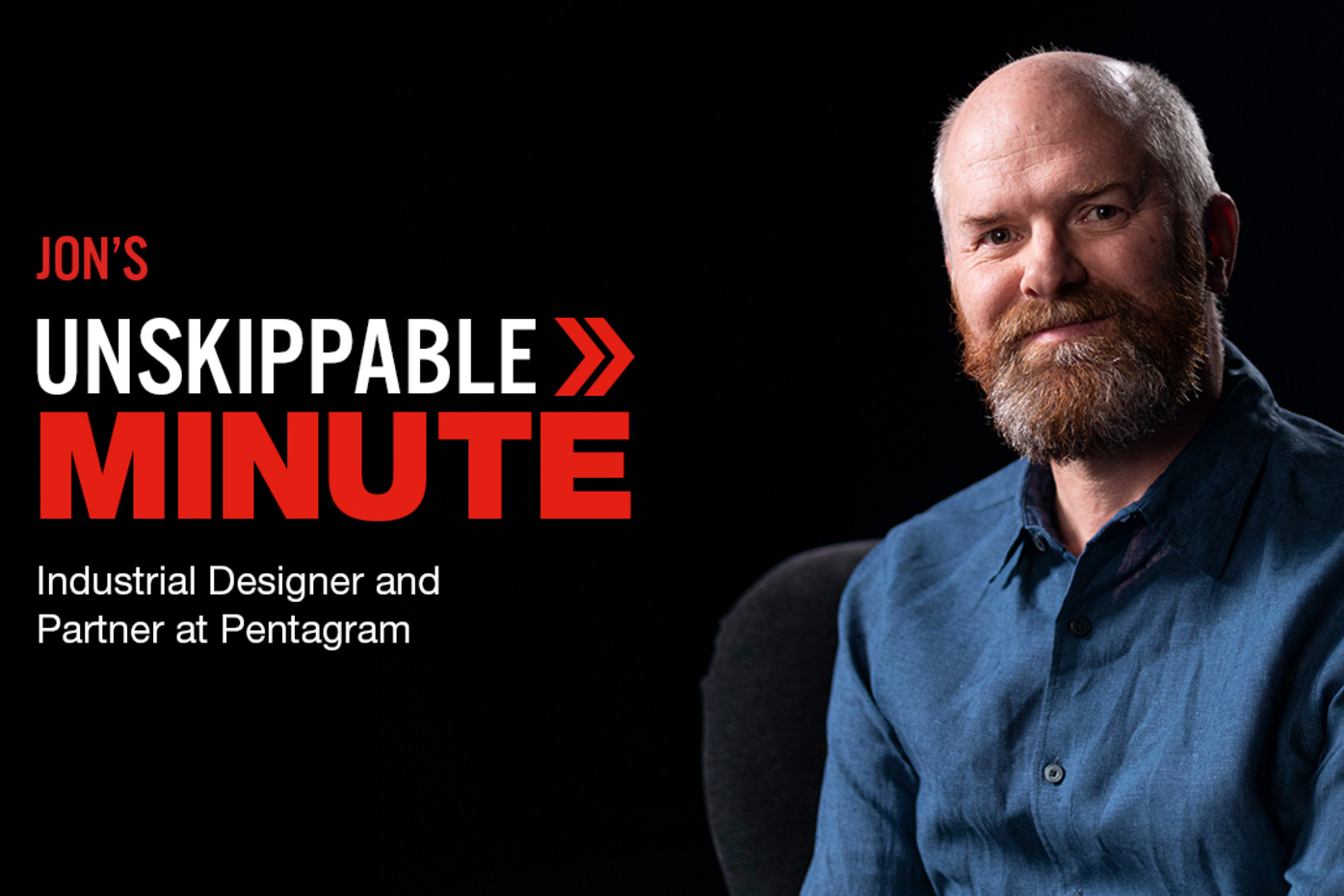

Following years of speculation and uncertainty, the announcement of a UK-EU post-Brexit trade deal at the end of December 2020 will have delivered some clarity for small and medium-sized businesses (SMEs).
But what exactly are the main takeaways for small businesses – and what do you need to do to carry on trading post-Brexit? We take a look at the key topics affecting you and your business:
Replacing .eu top-level domain names
Following the trade agreement, you are no longer able to register or renew your .eu domain names if your business is established in the UK rather than the EU, or if you live outside the EU/EEA and are not an EU/EEA citizen.
Moving forward, you will only be able to register or hold .eu domain names if you are:
- An EU/EEA citizen, independently of where you live
- Not an EU/EEA citizen but a resident in the EU/EEA
- An organisation, business or undertaking that is established in the EU/EEA
Handling personal data
The new deal allows you to continue to receive personal data from the EU/EEA for six months after the end of the transition period – when an adequacy decision will come into effect.
Data adequacy is a status that indicates the country provides a level of personal data protection comparable to that in European law, allowing the flow of data to continue. If granted to the UK, it will allow the free flow of personal data to continue as before.
However, in case it is not granted, the government recommends you work with EU/EEA organisations who transfer personal data to you to put in place alternative transfer mechanisms during the next six months.
For most organisations, these will take the form of Standard Contractual Clauses – terms and conditions to help protect personal data when it leaves the EEA and is no longer protected by GDPR. Find out more about data transition (external link) from the Information Commissioner’s Office.
UK professional qualifications
If you have a professional qualification such as a BCS or CMI accreditation and wish to work with clients in the EU, you’ll need to have your qualification officially recognised by the appropriate regulator for your profession in each country where you intend to work. You’ll need to do this even if you’re only providing short-term or occasional professional services. Further guidance on the new rules (external link) is provided by the government.
Hiring and retaining staff
Following the trade deal, the UK has introduced an immigration system that means if you want to recruit someone from outside the UK (external link), excluding people from Ireland, the appointment will need to meet certain requirements – relating to the type of job, salary and language requirements. You will also need to register as a licensed sponsor.
The new system does not apply to people you already employ from the European Economic Area (EEA) or Switzerland – and those employees, so long as they were already living in the UK by 31 December 2020, have until 30 June 2021 to apply to stay under the EU Settlement Scheme (external link).
Moving goods in and out of the EU
One of the biggest concerns for small businesses will of course be the ability to continue to trade in EU countries. To do so, you’ll need an EORI (Economic Operator Registration Identification) number that starts with ‘GB’. Otherwise, you may face delays or other problems moving goods out of the UK.
According to the UK government (external link), you’ll also need an EU EORI number if your business will be making customs declarations or getting a customs decision in the EU. You can get this from the customs authority in the EU country where you submit your first declaration or request your first decision.
The good news is that it only takes 10 minutes to apply, and you’ll either receive one straight away or at the latest within five working days.
Online sellers paying VAT
Under the new deal, UK-based online sellers of goods to consumers in EU countries will no longer be able to declare and pay VAT (external link) via their UK VAT return in countries where they are below the annual distance selling threshold. The threshold is €35,000 a year per country for most EU nations, except the Netherlands, Luxembourg and Germany, where it is €100,000.
Instead, UK sellers will either have to register in each country where they sell and pay local VAT on VAT-able goods, or block customers in some or all EU countries.
Alternatively, you could set up a presence and hold stock in an EU country. For that, you will need to register for VAT in that country, but you will then be able to gain from the EU VAT threshold (external link) when selling to customers in EU countries.
Tariffs
Another of the big headlines in the post-Brexit deal is the agreement that there will be no tariffs imposed on qualifying goods. To be free of tariffs, goods being exported from the UK to the EU and vice versa must comply with rules of origin, which is how customs authorities classify where an export has come from.
Of course, businesses providing certain goods will not qualify for zero tariffs. According to The Institute for Government (external link) this includes:
- Cane sugar imported from the Caribbean and refined in the UK
- Basmati rice imported from India and milled in the UK
Plus, for a meat product to qualify, it must contain meat solely from animals born and raised in the UK or the EU.
Check out the latest government guidance on rules of origin (external link).
Business travel and selling services in the EU
The end of freedom of movement that came with the completion of the Brexit transition period on 31 December 2020 means unlimited business trips to the EU are no longer possible (external link) and UK businesses have lost the automatic right to offer services across the EU.
Under the new trade agreement, short-term “business travel” totalling 90 days in any 180-day period is allowed without a visa or work permit, but only for certain activities. These activities include meetings, attending conferences and market research.
For activities that involve selling services and goods, work permits and other requirements are likely to be needed from the appropriate country – and you will need to check the specific requirements with the country you are visiting.
You may also need to:
- Check the entry requirements and travel advice of the country you’re visiting
- Tell HMRC you’re working in the EU
- Check if you need indemnity insurance for employees
General business travel to the EU
Following the trade deal, the government has made it clear that it’s important to make sure you have at least six months left on your passport if you’re planning on travelling to EU countries. In the first few months at least, you should leave more time for your check in at airports, train stations and ferry terminals, too, as border checks are likely to take longer.
To further help small business owners understand the impact of the post-Brexit trade deal on their ability to continue to trade with the EU, the UK government has produced an ‘online Brexit checker (external link)’, which will identify any further steps you need to take based on your own personal circumstances.
In addition, don’t forget to keep an eye on the Hiscox website for further guidance on navigating the Brexit trade deal.
Disclaimer:
At Hiscox, we want to help your small business thrive. Our blog has many articles you may find relevant and useful as your business grows. But these articles aren’t professional advice. So, to find out more on a subject we cover here, please seek professional assistance.
Related articles

Are you Brexit ready?
From administrative processes to sourcing new opportunities, there are lots of ways small businesses have prepared for Brexit. Read more with our guide to Brexit readiness.

Balancing business and creativity
At moments of significant market change, creativity might give firms an edge. Watch Jon Marshall's unskippable minute video to learn how to stay creative.

Alex Bec: Find your own niche
Finding your niche is important, according to Alex Bec. Watch for insights on identifying business opportunities, which might become relevant in a changing market.
